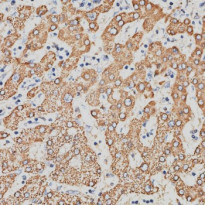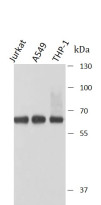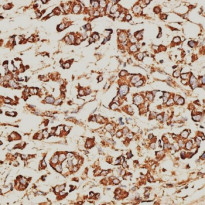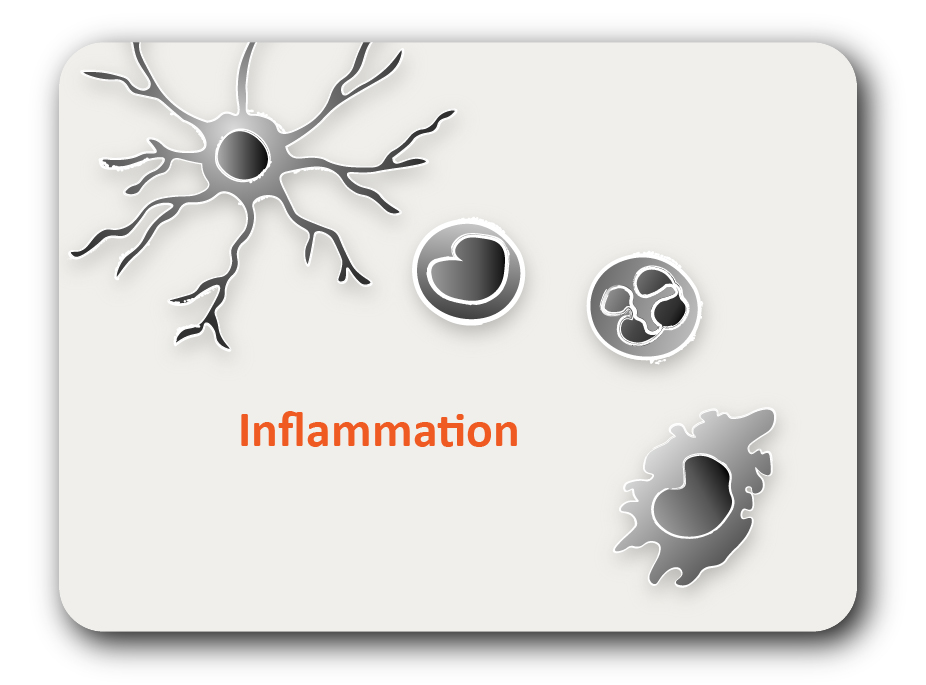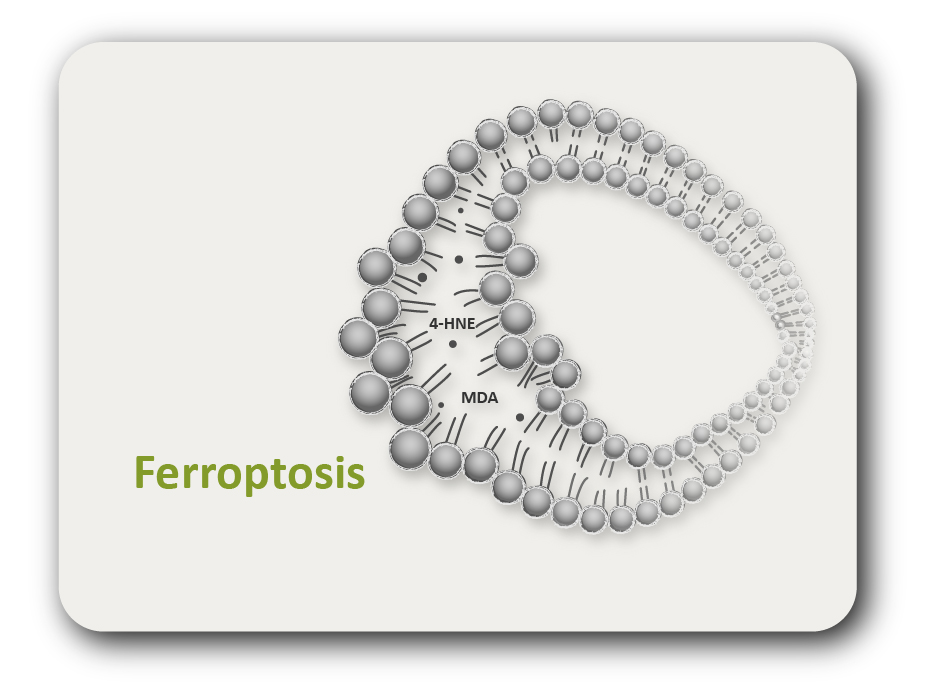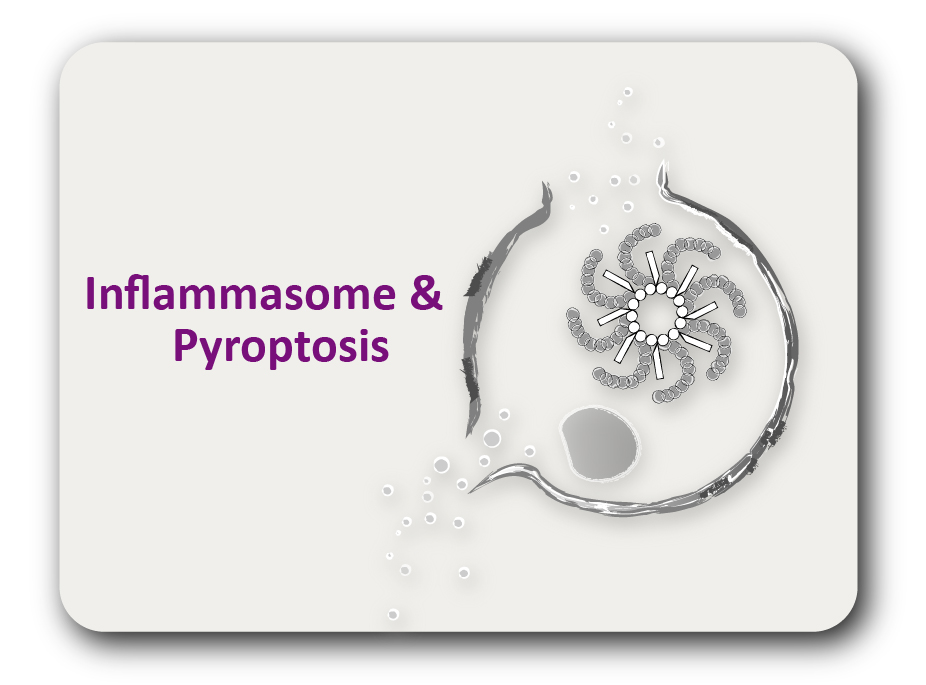ARG44344
anti-KIR3DS1 / CD158e2 antibody
anti-KIR3DS1 / CD158e2 antibody for IHC-Formalin-fixed paraffin-embedded sections,Western blot and Human,Mouse,Rat
概述
| 产品描述 | Rabbit Polyclonal antibody recognizes KIR3DS1 / CD158e2 |
|---|---|
| 反应物种 | Hu, Ms, Rat |
| 应用 | IHC-P, WB |
| 宿主 | Rabbit |
| 克隆 | Polyclonal |
| 同位型 | IgG |
| 靶点名称 | KIR3DS1 / CD158e2 |
| 抗原物种 | Human |
| 抗原 | Human KIR3DS1 / CD158e2 recombinant fusion protein (a.a. sequence: 80-340). |
| 偶联标记 | Un-conjugated |
| 別名 | KIR3DS1; Killer Cell Immunoglobulin Like Receptor, Three Ig Domains And Short Cytoplasmic Tail 1; Killer Cell Immunoglobulin-Like Receptor, Three Domains, Short Cytoplasmic Tail, 1; Killer Cell Immunoglobulin-Like Receptor 3DS1; Natural Killer-Associated Transcript 10; NKAT-10; Nkat10; Killer Cell Immunoglobulin-Like Receptor KIR3DS1; KIR-123FM; CD158E2; KIR-G1; NKAT10 |
应用说明
| 应用建议 |
|
||||||
|---|---|---|---|---|---|---|---|
| 应用说明 | * The dilutions indicate recommended starting dilutions and the optimal dilutions or concentrations should be determined by the scientist. |
属性
| 形式 | Liquid |
|---|---|
| 纯化 | Affinity purified. |
| 缓冲液 | PBS, 0.02% sodium azide and 50% Glycerol. |
| 抗菌剂 | 0.02% sodium azide |
| 稳定剂 | 50% Glycerol |
| 存放说明 | For continuous use, store undiluted antibody at 2-8°C for up to a week. For long-term storage, aliquot and store at -20°C. Storage in frost free freezers is not recommended. Avoid repeated freeze/thaw cycles. Suggest spin the vial prior to opening. The antibody solution should be gently mixed before use. |
| 注意事项 | For laboratory research only, not for drug, diagnostic or other use. |
生物信息
| 数据库连接 |
Swiss-port # Q14943 Human Killer cell immunoglobulin-like receptor 3DS1 |
|---|---|
| 基因名称 | KIR3DS1 |
| 全名 | Killer Cell Immunoglobulin Like Receptor, Three Ig Domains And Short Cytoplasmic Tail 1 |
| 背景介绍 | Killer cell immunoglobulin-like receptors (KIRs) are transmembrane glycoproteins expressed by natural killer cells and subsets of T cells. The KIR genes are polymorphic and highly homologous and they are found in a cluster on chromosome 19q13.4 within the 1 Mb leukocyte receptor complex (LRC). The gene content of the KIR gene cluster varies among haplotypes, although several "framework" genes are found in all haplotypes (KIR3DL3, KIR3DP1, KIR3DL4, KIR3DL2). The KIR proteins are classified by the number of extracellular immunoglobulin domains (2D or 3D) and by whether they have a long (L) or short (S) cytoplasmic domain. KIR proteins with the long cytoplasmic domain transduce inhibitory signals upon ligand binding via an immune tyrosine-based inhibitory motif (ITIM), while KIR proteins with the short cytoplasmic domain lack the ITIM motif and instead associate with the TYRO protein tyrosine kinase binding protein to transduce activating signals. The ligands for several KIR proteins are subsets of HLA class I molecules; thus, KIR proteins are thought to play an important role in regulation of the immune response. Alternatively spliced transcript variants encoding different isoforms have been found for this gene. |
| 生物功能 | Receptor on natural killer (NK) cells for MHC class I molecules. Upon interaction with peptide-free HLA-F open conformer, triggers NK cell degranulation and anti-viral cytokine production. |
| 细胞定位 | Cell membrane, Membrane |
| 预测分子量 | 42 kDa |
| 翻译后修饰 | Disulfide bond, Glycoprotein |
检测图片 (5) Click the Picture to Zoom In
-
ARG44344 anti-KIR3DS1 / CD158e2 antibody IHC-P image
Immunohistochemistry: Human liver stained with ARG44344 anti-KIR3DS1 / CD158e2 antibody at 1:100 dilution.
-
ARG44344 anti-KIR3DS1 / CD158e2 antibody WB image
Western blot: Jururkat, A549 and THP-1 stained with ARG44344 anti-KIR3DS1 / CD158e2 antibody at 1:1000 dilution.
-
ARG44344 anti-KIR3DS1 / CD158e2 antibody WB image
Western blot: Rat liver stained with ARG44344 anti-KIR3DS1 / CD158e2 antibody at 1:1000 dilution.
-
ARG44344 anti-KIR3DS1 / CD158e2 antibody WB image
Western blot: Mouse liver, Mouse kidney and Mouse pancreas stained with ARG44344 anti-KIR3DS1 / CD158e2 antibody at 1:1000 dilution.
-
ARG44344 anti-KIR3DS1 / CD158e2 antibody IHC-P image
Immunohistochemistry: Human mammary cancer stained with ARG44344 anti-KIR3DS1 / CD158e2 antibody at 1:100 dilution.
